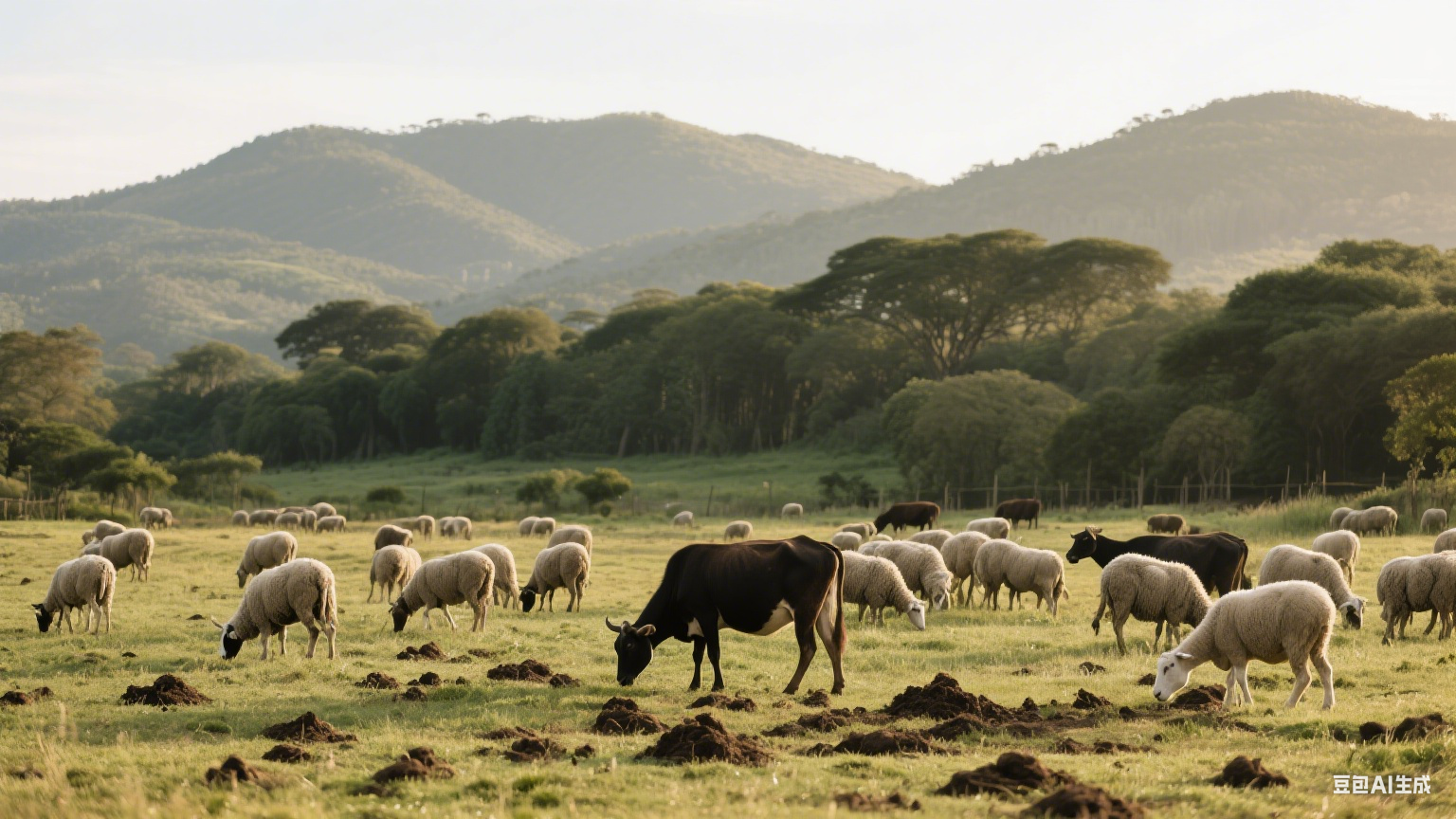2025-06-24

Establishing organic fertilizer production plants in Africa is becoming an increasingly attractive investment option. With growing global attention to sustainable agriculture and the urgent need for agricultural development in Africa, the organic fertilizer market shows tremendous potential. But exactly how much investment is required? What about returns? Let's analyze in depth.
Organic fertilizer production in Africa relies heavily on appropriate production processes tailored to local conditions. The process typically involves collection, composting, crushing, mixing, granulation, drying, and packaging. Organic fertilizer making machines are essential for implementing these processes efficiently, with African operations often choosing cost-effective, modular equipment that can handle diverse local organic materials while withstanding challenging operating environments.
The construction cost of organic fertilizer plants in Africa is typically 30-50% lower than in developed countries, mainly due to the following factors:
|
Cost Item |
African Cost Advantage |
Savings Percentage |
|
Raw Materials |
Abundant agricultural waste and animal manure |
40-60% |
|
Labor |
Labor costs only 1/5-1/3 of developed countries |
60-80% |
|
Land |
Government land incentives |
30-50% |
|
Equipment |
Can adopt simplified production line designs |
20-30% |
A medium-sized organic fertilizer plant (10,000 tons annual capacity) in Africa typically requires a total investment of $500,000-$800,000, significantly lower than the $1.5-2 million needed for similar projects in Europe or America.
The African fertilizer market is growing at 7.2% annually, but organic fertilizers account for only about 15% of market share, leaving enormous room for development. African farmers are increasingly recognizing the value of organic fertilizers in improving soil quality and long-term productivity.
However, investors also face some challenges:
· Inadequate infrastructure in some regions leads to higher logistics costs
· Limited farmer purchasing power requires careful pricing strategies
· Extensive farmer education and technical extension work needed
Successful operation of organic fertilizer plants in Africa requires attention to these key factors:
.jpg)
Modern organic fertilizer production line (Image source: Unsplash)
1. Localized Production: Utilize local raw materials to reduce transportation costs
2. Modular Design: Allows flexible capacity adjustment according to market demand
3. Government Partnership: Seek policy support and subsidies
4. Farmer Training: Educate farmers on proper organic fertilizer application methods
References:
[1] FAO. (2022). Africa Fertilizer Market Report.
[2] World Bank. (2021). Agricultural Development in Africa.
[3] African Development Bank. (2023). Organic Farming Trends in Africa.